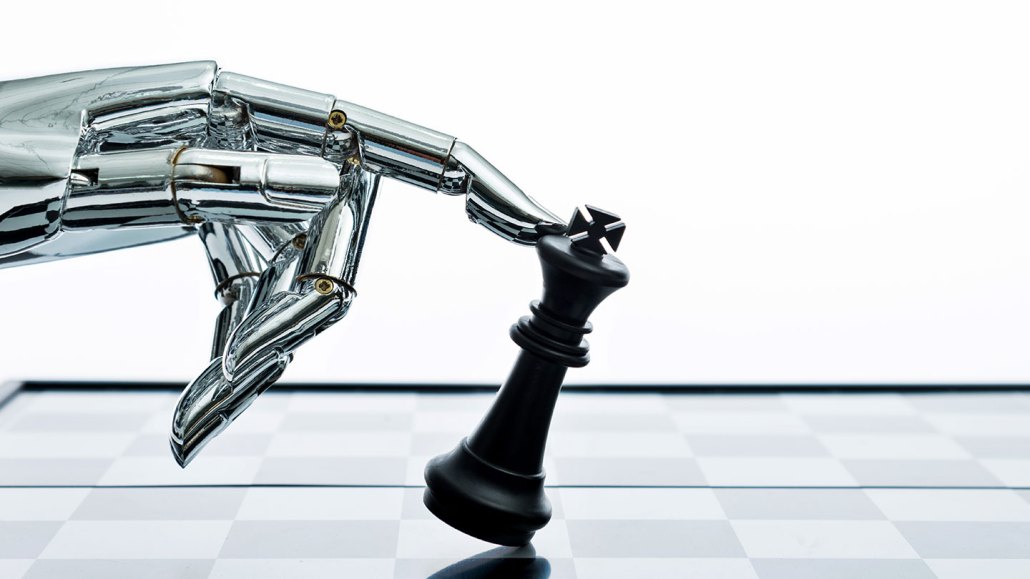Questions for “Easy for you, tough for a robot”

A robot can easily calculate a winning chess move. But it would have a lot of trouble picking up and moving a chess piece. That’s because grasping and moving a chess piece isn’t nearly as easy as it seems.
baona/iStock/Getty Images Plus